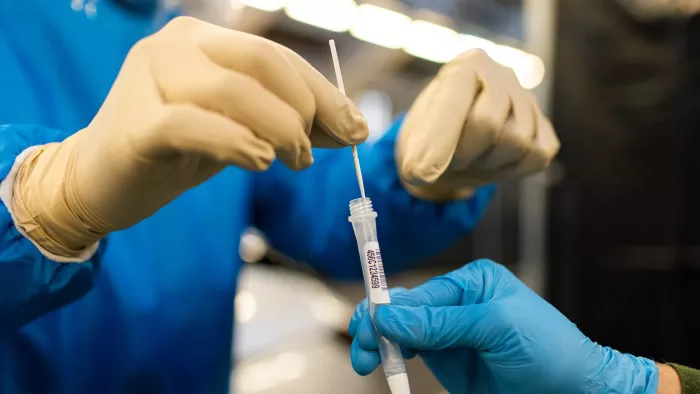In a significant breakthrough in the understanding of Parkinson’s disease, emerging research indicates that alterations in gut bacteria could serve as a crucial warning sign for the worsening of symptoms associated with the neurodegenerative disorder. This discovery has the potential to reshape the way medical professionals approach the monitoring and treatment of Parkinson’s disease.
Parkinson’s disease, which affects millions of people worldwide, is characterized by motor symptoms such as tremors, stiffness, and problems with balance, as well as non – motor symptoms like cognitive decline and sleep disturbances. Until now, the underlying mechanisms behind the progressive worsening of these symptoms have remained somewhat of a mystery. However, recent studies have been exploring the role of the gut microbiome, the trillions of bacteria living in our digestive tract, in various health conditions, including Parkinson’s.
Scientists have been conducting in – depth investigations into the gut microbiomes of Parkinson’s patients. By comparing the gut bacteria profiles of individuals with the disease at different stages and those without it, they have identified distinct patterns of bacterial changes. Certain types of beneficial bacteria seem to decrease in number as the disease progresses, while other potentially harmful bacteria may increase. These shifts in the gut microbiome composition are believed to have a significant impact on the body’s physiological processes, including inflammation and the production of neurotransmitters, which are crucial for normal brain function.
The significance of these findings lies in their potential as early indicators of symptom deterioration. If doctors can detect these changes in gut bacteria at an early stage, it could enable them to intervene more effectively. This might involve prescribing probiotics or dietary modifications to restore a healthy balance of gut bacteria, potentially slowing down the progression of the disease and improving patients’ quality of life.
Moreover, this research also opens up new possibilities for developing targeted therapies. Instead of solely focusing on treating the symptoms that appear in the brain, scientists can now explore ways to manipulate the gut microbiome as a means of addressing the root causes of Parkinson’s disease progression. While there is still much research to be done before these potential treatments become widely available, the discovery of the link between gut bacteria changes and Parkinson’s disease symptom worsening marks an important step forward in the ongoing battle against this complex and debilitating condition.
Related topics:































